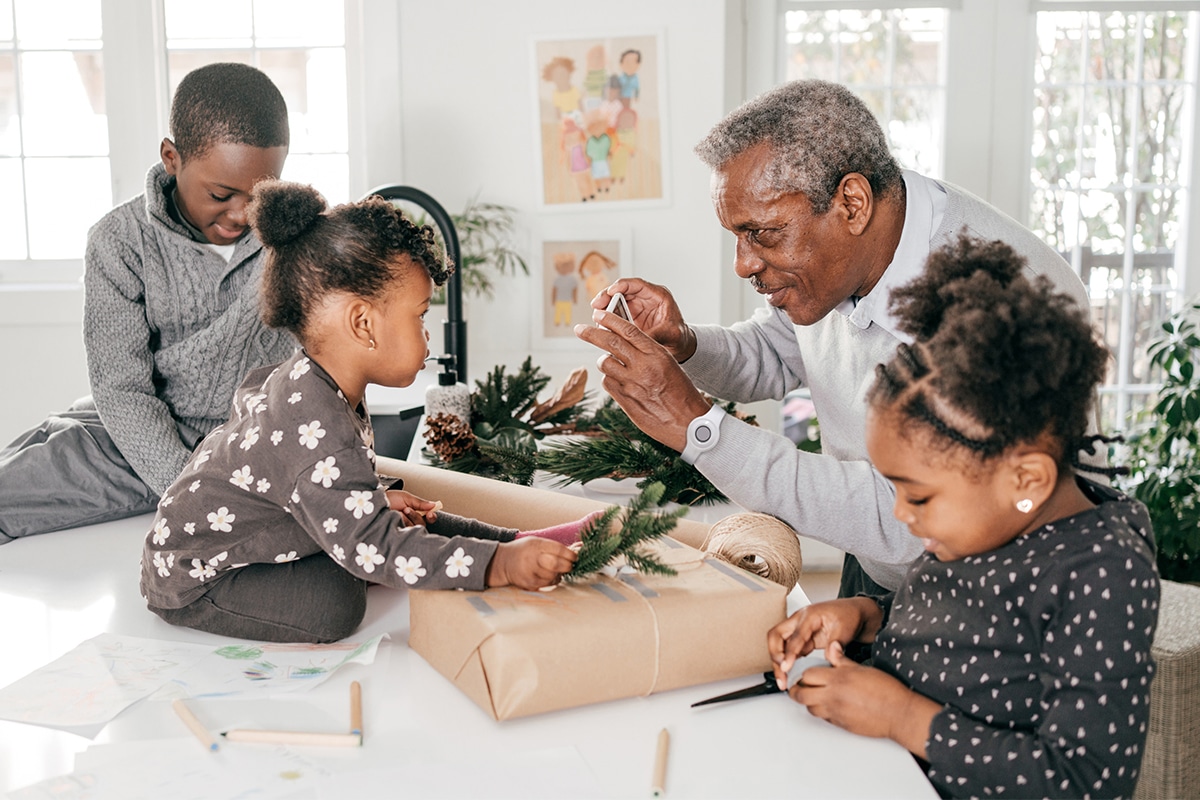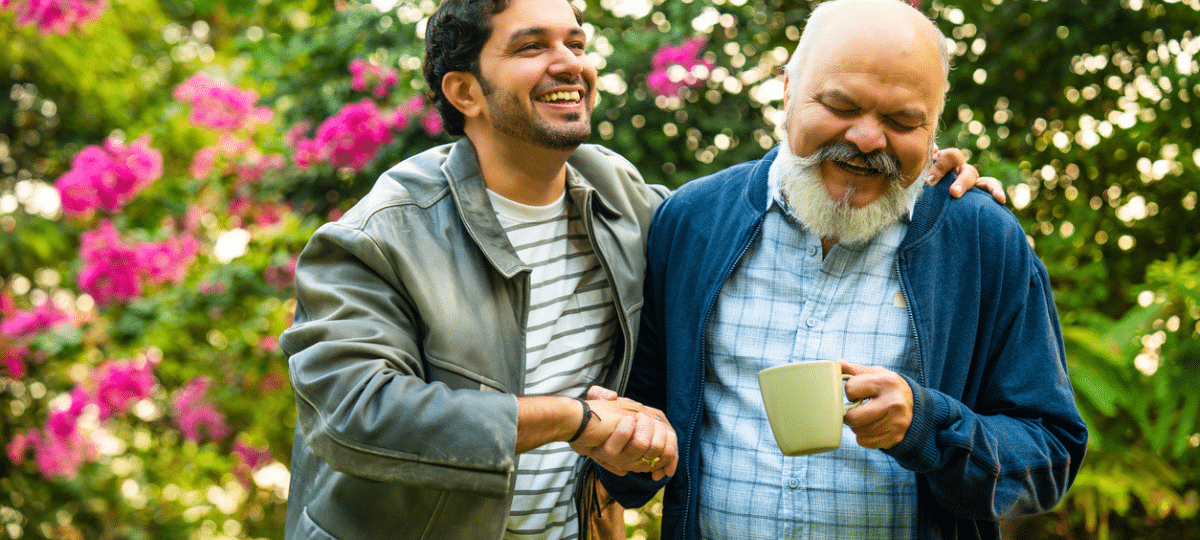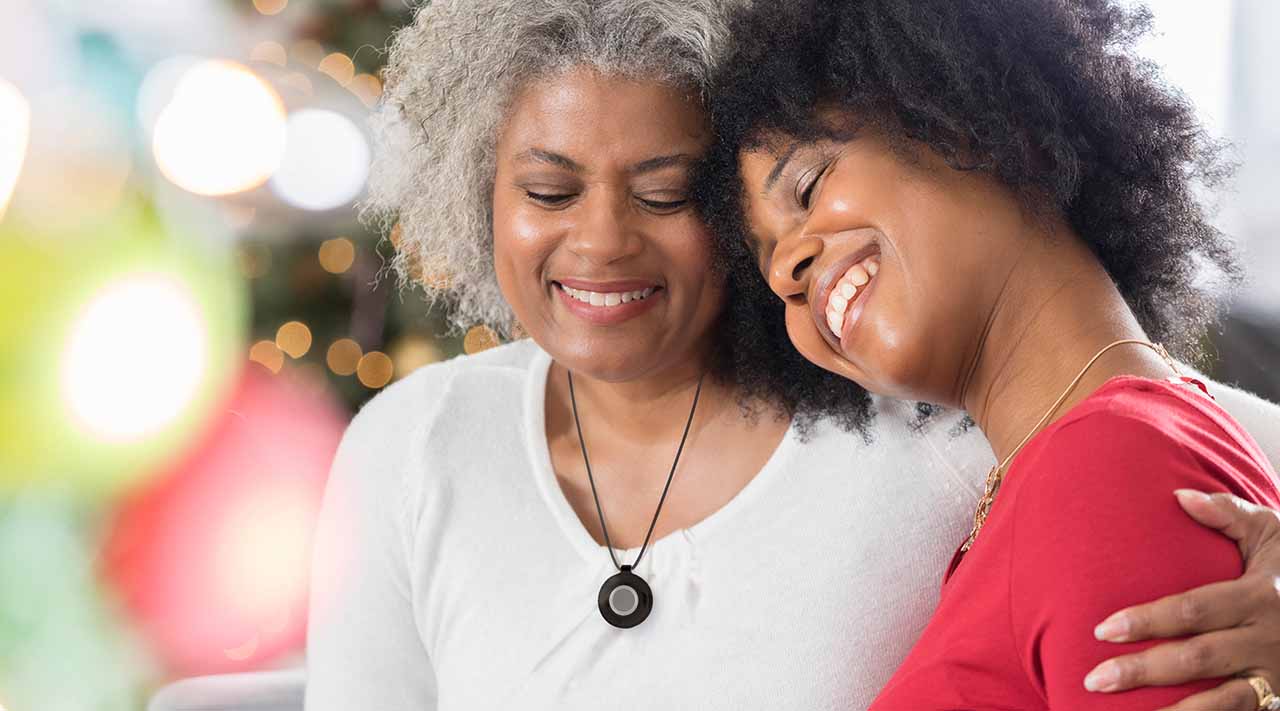As the world pivots in the face of the coronavirus outbreak, many lives are changing rapidly. Stay-at-home orders, social distancing, and “lockdowns” mean Americans—and people around the world—are having to quickly adapt to a very different day-to-day routine, while shouldering a high level of stress and uncertainty.
When it comes to the new coronavirus, adults aged 65 and older, especially those with pre-existing conditions such as heart disease, lung disease, or diabetes, may be at higher risk for serious complications from COVID-19.
If you’re caring for an older loved one, you might be worried. You may not be able to get to them if they’re in a facility that’s under lockdown or they’re isolating at home alone. While we all learn to navigate these new circumstances, there are a few protocols you can put into place now to help stay connected and ensure the emotional and physical health and safety of those you care for.
Make a Plan
What would happen if your loved one falls ill? Planning ahead of time as a family can reduce stress and help everyone feel prepared.
- Talk with their doctors to find out what to do if your loved one gets sick. Should they come into the office, go to the hospital, and/or be tested for COVID-19? Locate the closest COVID-19 testing facility.
- Acquaint yourself with nearby hospitals. If the nearest hospital becomes full, your family member might be sent to one that’s further away.
- Since many hospitals are limiting visitors, you might not be able to advocate for your loved one in person. Look into how you can coordinate care remotely, especially if you have power of attorney.
- Gather key documents, such as power of attorney, living will, DNR orders, medical history, current medications list, and emergency contact information. Keep them in a convenient place, like your desk or by the front door. Create a digital file of these documents and share it with family and other caregivers so that they have access if needed.
Prepare the Home
Whether your loved one lives independently or in a group home, there are ways you can care for them remotely during this time.
For Those Living in Assisted Care Facilities
If your loved one lives in a nursing home or assisted care facility, it’s likely that visitors have been banned or severely limited at this point. It’s more important than ever that you advocate for them and understand how the facility is protecting residents from COVID-19.
Key questions to ask:
- Are residents eating meals together, or are they separated?
- What new cleaning protocols have been put into place?
- Is the facility fully staffed?
- Are social activities taking place, and if so, how have they been modified to keep residents safe?
- Are delivery people allowed in the facility? Are packages being wiped down when they are dropped off?
- Are residents getting outside for fresh air?
- How are sick residents being cared for and separated from healthy residents?
For Those Living at Home
There are several things you can do to make sure your loved one stays healthy and safe in their own home.
- Look into a medical alert system. These devices, also known as personal emergency response systems (PERS), include wearable alert devices, voice communication, fall detection, and GPS technology. They act as a safeguard for your loved one, providing 24/7 contact with emergency response operators at the touch of a button.
- Talk with home care service providers to ensure they are following essential protocols, such as washing their hands upon arrival and cleaning any surfaces they touch, along with any other precautions you want them to take.
- Arrange for a grocery or meal delivery service. Whenever possible, use unattended or contactless deliveries, where payment is handled online ahead of time, to limit interactions with delivery drivers.
- Discuss protocol for retrieving mail and delivery packages. Your loved one should wash their hands immediately after handling any packages. As an added preventative measure, they can wipe down food packaging with sanitizing wipes or spray, if available.
Provide Emotional Support
Social distancing can lead to increased feelings of isolation for your loved one, which could take a toll on their health. Take extra steps to stay connected with your loved one during this time.
- Use technology to connect, such as an online video chat program or a smart device.
- Call frequently. Check-in to make sure they’re eating regularly and getting fresh air when possible. Schedule group phone calls. Watch a TV show or movie together at the same time while on the phone. Share photos and videos.
- Ensure they’re staying active and maintaining their usual activities, such as walking, stretching, or exercising inside.
- Encourage mentally stimulating activities, like reading, cleaning, and puzzles. Play a game together over the phone. Ask them to recite a poem they remember.
- Reassure your loved one that you and your other family members are also doing your best to stay safe and healthy, and that there is no reason to worry.
- Be patient and gentle. Practice understanding and patience when explaining things to your loved one, and remember that keeping stress levels low is one of the best things for their mental and emotional health at this time.




